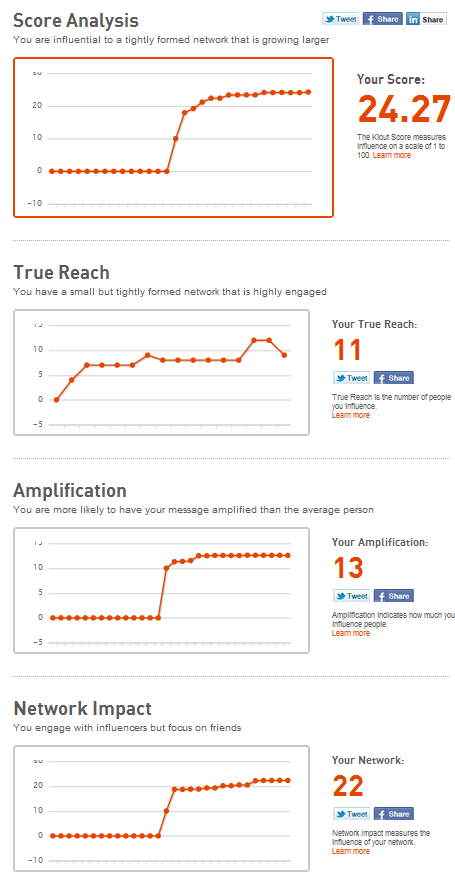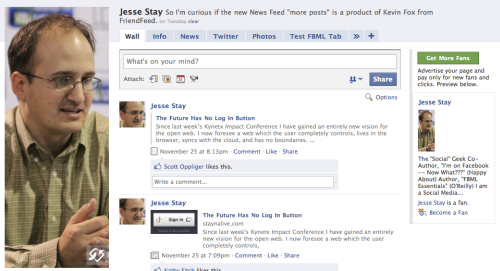I’m getting a bit frustrated with the hundreds of posts that speak about individuals who claimed to invent Facebook before Mark Zuckerberg.
Here’s the real Facebook, long before I joined the social network myself:
Truthfully, it doesn’t matter who invented Facebook. Facebook is like Classmates.com. Facebook is like Friendster. Facebook is like MySpace. And these three social networks, which were based on very similar concepts, predated the Facebook that we know and love today.
As I commented on the VentureBeat blog post, I knew about the concept of a Facebook before it even caught on. It was not a surprise to me when I joined, and I joined not as a college student but as a college graduate. In a way, I did so because at that time, it was in private beta. Looking back on it now, it was an honor to be in the first few thousands of users on Facebook.
But while my friends weren’t flocking to the social networking service, I was still able to communicate with those who did. Eventually, people I urged to join the network began creating accounts. I have over 700 (real) friends (I’ll do a breakdown on that soon, I promise) that accumulated over a three-year-period. My friends, family, classmates, and colleagues realized that Facebook was a valuable network and they decided to either give into peer pressure (I told you so!) or to actually give the social network a fair chance. Obviously, even though many initially treaded carefully, Facebook doesn’t look like one of those big mistakes. Many of these users are here to stay for the long haul.
Then what distinguishes Zuckerberg’s creation from Aaron Greenspan’s, or Pete Cashmore’s, or Muhammad Saleem’s? Mark Zuckerberg’s innovation was that he brought Facebook to the web and did so in a way that not only attracted visitors; it turned them into addicts. Three years later, the momentum hasn’t died down. In the last few months alone, that usage intensified. And Facebook is proving to be useful in emergency situations too, which is a claim most other social networks would only covet.
As I alluded to earlier, MySpace and Friendster were viable Facebook clones, but only one had a smooth and responsive interface that allowed users to interact with each other with ease. That was the one I use most religiously of all the social networks. That was the one that succeeded.
Mark Zuckerberg’s success was not driven by simply an idea. It was driven by the execution of that idea.






Facebook were first who has started its own platform for hosting third-party applications. This is big market for other developers and they will drive Facebook forward.
Yeah. But these claims that someone invested Facebook first were contested much earlier before the application development platform was made available. The point is that you can have an idea, but if you don’t execute it well, you’re not going to go far.
Nice article! This is an excellent source for facebook as well.
http://www.thetechbrief.com/2008/01/16/top-10-lives-businesses-and-reputations-ruined-due-to-facebook/
TW Garrett, I’m not sure if you tried to spam me or not, but your article is completely not relevant to my article (except that it’s related to Facebook). If you’re going to be self-promotional, at least look at what you’re responding to.